Home>Home Maintenance>What Does A Realtor Do During A Home Inspection
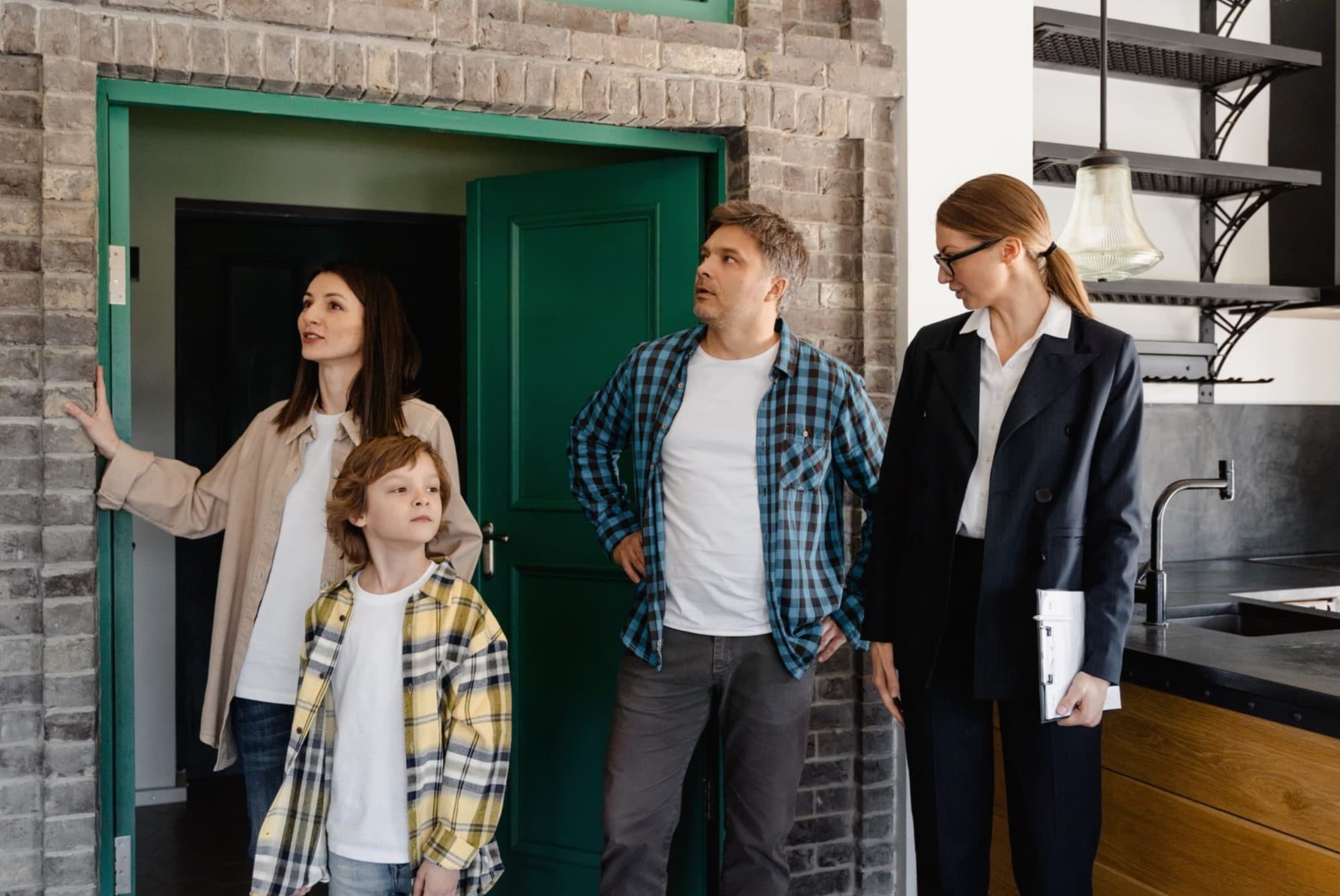

Home Maintenance
What Does A Realtor Do During A Home Inspection
Modified: March 6, 2024
Discover what a realtor does during a home inspection to ensure a smooth home maintenance process. Expert tips and guidance for a stress-free experience.
(Many of the links in this article redirect to a specific reviewed product. Your purchase of these products through affiliate links helps to generate commission for Storables.com, at no extra cost. Learn more)
Introduction
Welcome to the world of home inspections! When buying or selling a home, a crucial step in the process is the home inspection. A home inspection is a comprehensive examination of a property’s condition, typically conducted by a professional home inspector. It plays a vital role in helping buyers make informed decisions and ensuring that sellers are aware of any potential issues.
But have you ever wondered what a realtor’s role is during a home inspection? A realtor serves as the intermediary between the buyer and the seller, guiding them through the often intricate process of inspecting a home. In this article, we’ll dive into the various tasks and responsibilities that a realtor undertakes during a home inspection to facilitate a smooth transaction.
From preparation to negotiation, a realtor’s involvement is crucial in ensuring that all parties are knowledgeable about the property’s condition and any potential concerns. So let’s explore the journey of a realtor during a home inspection and see how their expertise and support contribute to a successful transaction.
Key Takeaways:
- Realtors play a crucial role in guiding buyers and sellers through the home inspection process, from preparation to negotiation, ensuring a smooth and successful transaction.
- Realtors provide valuable support by helping clients understand the inspection process, documenting issues, negotiating repairs, and finalizing the details, ensuring a seamless transition towards closing.
Preparing for the Home Inspection
Prior to the home inspection, a realtor works closely with their client, whether they are the buyer or the seller, to prepare for the inspection process. The realtor advises their client on what to expect during the inspection and helps them gather important documents related to the property, such as permits, warranties, and maintenance records.
Realtors also assist in coordinating the logistics of the inspection, including scheduling the appointment with the home inspector, ensuring that the property is accessible for inspection, and notifying the seller if any utilities need to be turned on. This preparation ensures that the home inspector has all the necessary tools and access to thoroughly evaluate the property.
Additionally, a realtor may recommend conducting pre-inspections or repairs before listing a property for sale. This proactive approach can help identify any potential issues upfront and address them, avoiding surprises during the buyer’s inspection and potentially saving time and money in the negotiation process.
Furthermore, the realtor may provide valuable insight into local building codes and regulations, helping their client ensure that any necessary permits are in order and that the property complies with all legal requirements.
By assisting their clients in preparing for the home inspection, realtors help create a smooth and organized process, setting the stage for a successful inspection and potential negotiations. Their expertise and guidance before the inspection empower their clients to actively participate in the evaluation of the property.
Accompanying the Home Inspector
During the actual home inspection, realtors play a crucial role by accompanying the home inspector and their clients throughout the process. This allows them to provide immediate support, answer questions, and address any concerns that may arise.
Realtors serve as a bridge between the technical terminology used by home inspectors and the clients who may not be familiar with the intricacies of home construction and maintenance. They can translate the inspector’s observations into understandable terms for their clients, ensuring that they have a clear understanding of the property’s condition.
As the home inspection progresses, realtors help facilitate a smooth flow of communication between the home inspector, the clients, and the seller if present. They encourage their clients to ask questions, seek clarification, and express any concerns they may have to the home inspector. This open dialogue helps foster transparency and ensures that all parties are on the same page.
Realtors also act as observers, paying close attention to the home inspector’s findings and noting any important issues or potential red flags that may affect their clients’ decision-making process. By actively participating in the inspection, realtors can provide valuable guidance and advice based on their experience and understanding of the local real estate market.
During this stage, realtors may offer insights into the potential impact of certain issues on the property’s value, as well as provide suggestions for potential repairs or improvements. Their expertise and knowledge can help their clients make informed decisions about the property and its suitability for their needs.
In addition, realtors can offer emotional support to their clients if unexpected issues arise during the inspection. The process of buying or selling a home can be stressful, and having a knowledgeable and supportive realtor by their side can alleviate some of the pressure and help clients navigate any challenges that may arise.
By accompanying their clients and actively participating in the home inspection, realtors ensure that their clients have a comprehensive understanding of the property’s condition and are well-equipped to make informed decisions moving forward.
Understanding the Inspection Process
One of the essential roles of a realtor during a home inspection is to help their clients understand the inspection process itself. Many buyers and sellers may be unfamiliar with the intricacies of what a home inspection entails, so the realtor’s guidance is invaluable in demystifying the process.
Realtors provide a detailed explanation of the scope of the inspection, which typically covers the structural elements, electrical systems, plumbing, HVAC systems, appliances, and more. They help their clients understand what the home inspector will be looking for and the types of issues that may be identified.
During the inspection, the realtor educates their clients about the difference between major and minor issues and the potential implications they may have on the property. They emphasize the importance of prioritizing safety concerns and significant structural defects over cosmetic or easily fixable issues.
Furthermore, realtors help manage their clients’ expectations by explaining that no home is perfect and that even brand-new properties can have minor flaws discovered during an inspection. By setting realistic expectations, realtors ensure that their clients understand that the goal is not to find a flawless home, but rather to identify any significant issues that may affect the property’s value or their ability to live comfortably in it.
In addition, realtors familiarize their clients with the concept of a home inspection report, which is a detailed document that outlines the inspector’s findings and recommendations. They explain that the report serves as a comprehensive summary of the inspection and provides a valuable reference for addressing any necessary repairs or negotiations.
By helping their clients understand the ins and outs of the inspection process, realtors empower them with the knowledge needed to make informed decisions and navigate any potential challenges that may arise during the inspection and negotiation phases.
Assisting the Buyer during the Inspection
When representing the buyer, realtors play a vital role in assisting their clients during the home inspection. They provide guidance and support to ensure that the buyer’s best interests are protected throughout the process.
Realtors encourage their clients to actively participate in the inspection and ask questions. They remind buyers that this is an opportunity for them to learn more about the property and gain insight into its condition. By being present and engaged during the inspection, buyers can gather valuable knowledge that will help them make informed decisions.
During the inspection, the realtor may point out specific features or areas of interest that the buyer should pay attention to. They may highlight potential maintenance requirements, energy-efficient features, or any other unique aspects of the property.
If the buyer has specific concerns or areas they would like the inspector to focus on, the realtor can communicate these requests to the home inspector on their behalf. For example, if the buyer is particularly concerned about the roof or the plumbing system, the realtor can ensure that these areas receive thorough attention during the inspection.
Realtors also assist buyers in evaluating the significance of any issues that are identified during the inspection. They help put them into context and determine whether they should be a cause for concern or a potential negotiation point with the seller.
In some cases, the realtor may recommend bringing in additional experts, such as plumbers, electricians, or structural engineers, to provide a more in-depth analysis of specific issues. This can help the buyer make more informed decisions about the property and any necessary repairs.
Assisting the buyer during the home inspection involves being their advocate and ensuring that they have a clear understanding of the property’s condition. The realtor’s expertise and guidance help buyers make confident decisions as they move forward with the home buying process.
A realtor’s role during a home inspection is to accompany the buyer and inspector, provide access to the property, and answer any questions about the home’s history or features. They can also help negotiate any necessary repairs or adjustments based on the inspection findings.
Documenting Issues and Concerns
As the home inspection progresses, one of the essential tasks of a realtor is to document any issues and concerns that are identified by the home inspector. This documentation serves as a record of the property’s condition and forms the basis for any potential negotiations or repairs.
The realtor carefully takes note of each item that the home inspector points out, including any defects, safety hazards, or recommended repairs. They may document these issues with photographs, videos, or written descriptions to provide a clear and comprehensive record.
Realtors also help categorize the issues based on their significance and potential impact on the property. This categorization allows for more efficient communication with the seller and helps prioritize which items should be addressed first.
If there are any questions or uncertainties about the identified issues, the realtor acts as a liaison between the buyer and the home inspector. They seek clarification from the inspector and ensure that their clients have a complete understanding of the inspector’s findings.
Furthermore, realtors document any concerns or requests that the buyer may have regarding the inspection results. If the buyer wishes to further investigate or discuss specific issues, the realtor ensures that these concerns are accurately recorded for future reference.
The realtor may also use their expertise to provide an estimated cost or potential impact of resolving the identified issues. This information can be valuable during negotiations with the seller or when determining if the buyer is willing to proceed with the purchase.
By meticulously documenting the issues and concerns, realtors provide their clients with a comprehensive record that can be used as a reference throughout the transaction. This documentation is crucial during the negotiation process, as it provides evidence and supporting documentation to back up the buyer’s requests for repairs or credits.
Ultimately, the realtor’s attention to detail in documenting the inspection findings ensures transparency and sets the stage for effective communication and resolution of any identified issues.
Negotiating Repairs and Credits
Once the home inspection is complete and issues have been documented, the next step for the realtor is to assist their client in negotiating repairs and credits with the seller. This negotiation is a crucial part of the home buying process and aims to address any identified issues before closing the deal.
Using the information gathered during the inspection, the realtor helps the buyer determine which issues are significant enough to warrant further action. They assess the potential costs involved in addressing the repairs and consider any possible impact on the property’s value.
The realtor advises their client on the different negotiation strategies that can be employed. This includes determining whether the buyer should request repairs to be completed by the seller before closing or if a credit should be negotiated to offset the cost of future repairs.
During the negotiation process, the realtor acts as a mediator between the buyer and the seller’s representative. They present the inspection findings and communicate the buyer’s requests for repairs or credits. The realtor plays a crucial role in facilitating effective communication and finding common ground between both parties.
Realtors leverage their knowledge of the local real estate market and their understanding of common practices in negotiations to guide their clients through the process. They use their expertise to advocate for their client’s best interests while maintaining a professional and collaborative approach with the seller’s representative.
In some cases, the realtor may recommend seeking additional estimates or evaluations from qualified contractors or specialists to provide further evidence or support for the requested repairs or credits. This can strengthen the buyer’s position during negotiations.
The negotiation process can involve various back-and-forth exchanges between the buyer and the seller. The realtor keeps their client informed throughout and assists in reviewing any counteroffers or proposed compromises from the seller.
Ultimately, the realtor’s goal is to ensure a fair resolution that addresses the buyer’s concerns while considering the seller’s willingness and ability to accommodate the requested repairs or credits. Through effective negotiation, the realtor strives to reach an agreement that satisfies both parties and allows the transaction to move forward.
By leveraging their negotiation skills and market knowledge, realtors play a crucial role in advocating for their clients and securing the best outcome when it comes to repairing and addressing any issues identified during the home inspection.
Discussing Inspection Results with the Buyer
After the home inspection, the realtor plays a pivotal role in discussing the results with the buyer. This discussion is an opportunity to review the inspection findings, clarify any areas of concern, and help the buyer make informed decisions moving forward.
The realtor begins by reviewing the home inspection report with their client. They provide a clear explanation of the inspector’s findings, highlighting any significant issues, safety concerns, or recommended repairs. The realtor helps the buyer understand the implications of these findings and their potential impact on the property.
During this discussion, the realtor encourages the buyer to ask questions and seek further clarification, ensuring that they have a thorough understanding of the inspection results. The realtor provides insights into the severity of the identified issues and advises on the recommended course of action.
If additional inspections or evaluations are recommended, such as a roof inspection or a termite inspection, the realtor guides their client through the process of engaging the necessary professionals. They help coordinate these inspections, ensuring that any further investigations are completed in a timely manner.
Beyond the technical aspects, the realtor also helps the buyer navigate the emotional aspect of learning about any issues with the property. They provide support and reassurance, offering their expertise to help the buyer evaluate whether the identified issues are manageable or if they present significant concerns.
In some cases, the inspection results may lead the buyer to reconsider their offer or negotiate further with the seller. The realtor advises their client on the potential negotiation strategies based on the inspection findings and the buyer’s priorities. They provide guidance on how to approach the seller with requests for repairs, credits, or a potential price adjustment.
Throughout the discussion, the realtor’s role is to empower the buyer with knowledge, helping them make confident decisions about the property. They ensure that the buyer has a complete understanding of the inspection results and the possible implications for their future homeownership experience.
The realtor serves as a trusted advisor, offering objective advice based on their experience and expertise. They help the buyer weigh the pros and cons, considering factors such as the cost of repairs, the condition of the property, and the buyer’s long-term plans.
By discussing the inspection results in detail, the realtor helps the buyer make informed decisions about whether to move forward with the purchase, request repairs or credits, or potentially explore other options. This discussion is an essential step in ensuring that the buyer is confident and satisfied with their decision.
Finalizing the Home Inspection Process
Once the buyer and seller have reached an agreement on repairs, credits, or any other necessary actions based on the home inspection results, the realtor assists in finalizing the home inspection process and ensuring a smooth transition towards closing the deal.
Firstly, the realtor helps coordinate any further inspections or evaluations that may have been agreed upon during the negotiation process. This includes scheduling and overseeing these inspections to ensure they are completed within the specified timeframe.
If repairs are to be made by the seller, the realtor communicates with all parties involved to establish a timeline for completing the repairs and ensuring they are done by qualified professionals. They may arrange for a follow-up inspection to verify that the necessary repairs have been satisfactorily addressed.
The realtor also collaborates with the buyer’s lender and the closing agent to ensure that all documentation related to the home inspection process is properly arranged and submitted. This may include providing copies of the inspection report, receipts for completed repairs, and any necessary permits or warranties.
During the final walkthrough of the property, which typically occurs prior to the closing, the realtor assists the buyer in verifying that the agreed-upon repairs have been completed and that the property is in the expected condition. If any issues are identified during the walkthrough, the realtor works with the buyer and the seller to resolve them promptly.
In the days leading up to the closing, the realtor remains actively involved in the process, ensuring that all necessary paperwork and documentation is prepared and ready for the closing agent. They coordinate with all parties involved to ensure a smooth and timely closing.
During the closing, the realtor is present to support their client and address any last-minute questions or concerns that may arise. They guide their client through the signing of documents, ensuring they understand the terms of the agreement.
After the closing, the realtor’s involvement in the home inspection process typically comes to a close. However, they may continue to offer post-closing assistance to their clients, providing guidance on any remaining issues or offering referrals for reputable contractors and service providers.
By finalizing the home inspection process, the realtor ensures that all necessary actions have been taken, repairs have been addressed, and documentation is properly organized. Their proactive approach helps facilitate a seamless transition towards closing, providing peace of mind for their clients and setting the stage for a successful home buying experience.
Read more: What To Ask During Your Home Inspection
Conclusion
The role of a realtor during a home inspection is multifaceted and essential in helping buyers and sellers navigate the intricacies of the process. From preparing for the inspection to finalizing the details, realtors play a vital role in ensuring a smooth and successful transaction.
Realtors assist their clients in preparing for the home inspection, coordinating logistics, and gathering important documents. They accompany their clients during the inspection, acting as a liaison between the home inspector, the buyer, and the seller. Their presence helps facilitate open communication and ensures a clear understanding of the property’s condition.
Understanding the inspection process is paramount, and realtors educate their clients on what to expect, providing insight into the significance of inspection findings. They assist buyers in evaluating the inspection results and encourage their active participation in the process.
Documenting issues and concerns is another crucial task of the realtor. They meticulously record the inspection findings and categorize them to facilitate effective communication with the seller. This documentation serves as a reference point for negotiations and repairs.
Negotiating repairs and credits is a crucial step, and realtors utilize their negotiation skills and market knowledge to advocate for their clients’ best interests. They guide buyers through the process, advising on potential strategies and facilitating effective communication with the seller.
Discussing inspection results with the buyer is an opportunity for the realtor to review the inspection findings, provide clarity, and address any concerns. They ensure that their clients have a comprehensive understanding of the inspection results and help them make informed decisions moving forward.
Finally, the realtor assists in finalizing the home inspection process by coordinating further inspections, overseeing repairs, and ensuring all necessary documentation is prepared for the closing. Their involvement helps facilitate a smooth transition towards closing the deal.
In conclusion, a realtor’s involvement during a home inspection is invaluable. They serve as trusted advisors, providing expertise, guidance, and support throughout the process. By leveraging their knowledge and skills, realtors help their clients navigate the complexities of the inspection process, ensuring that they make informed decisions and achieve a successful outcome.
Frequently Asked Questions about What Does A Realtor Do During A Home Inspection
Was this page helpful?
At Storables.com, we guarantee accurate and reliable information. Our content, validated by Expert Board Contributors, is crafted following stringent Editorial Policies. We're committed to providing you with well-researched, expert-backed insights for all your informational needs.
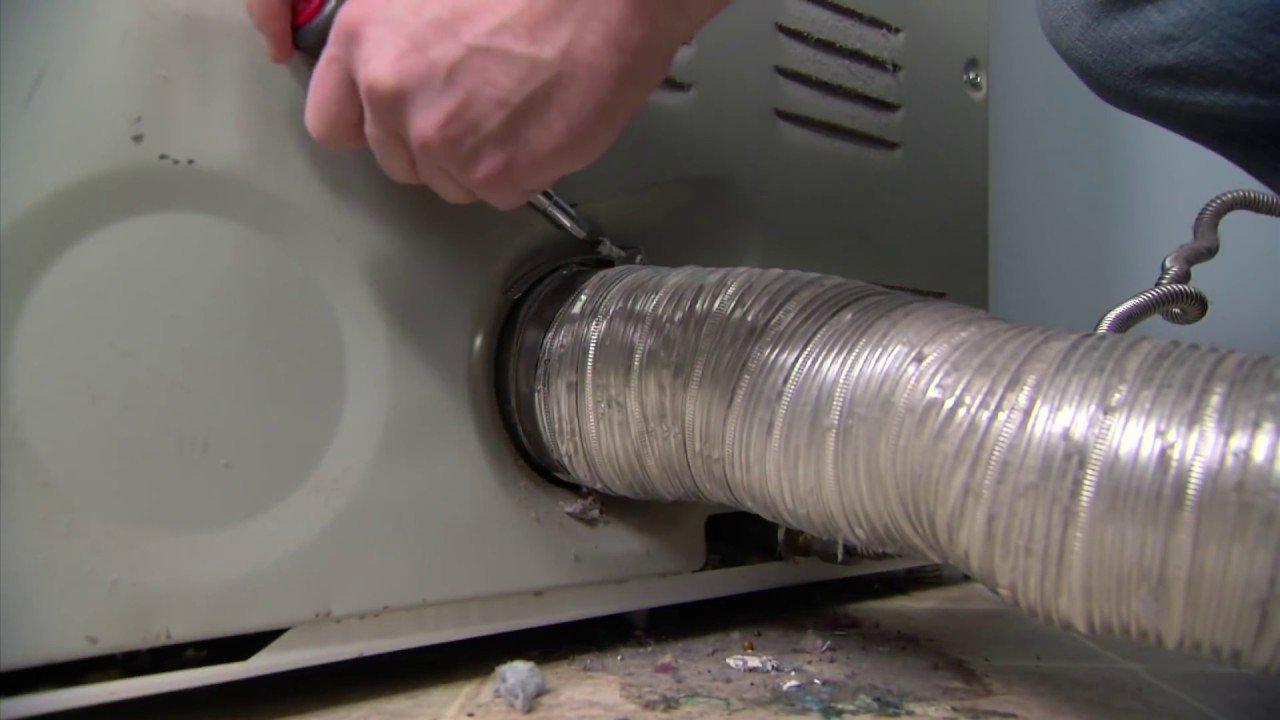

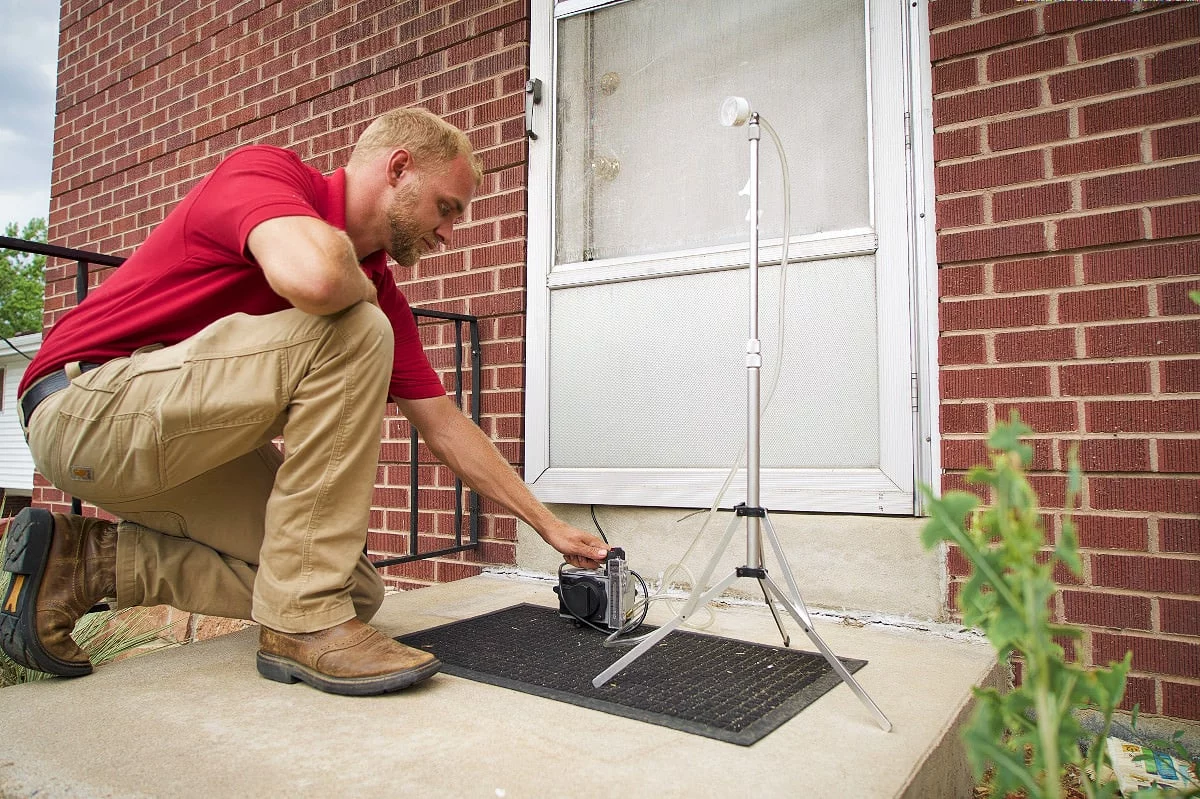
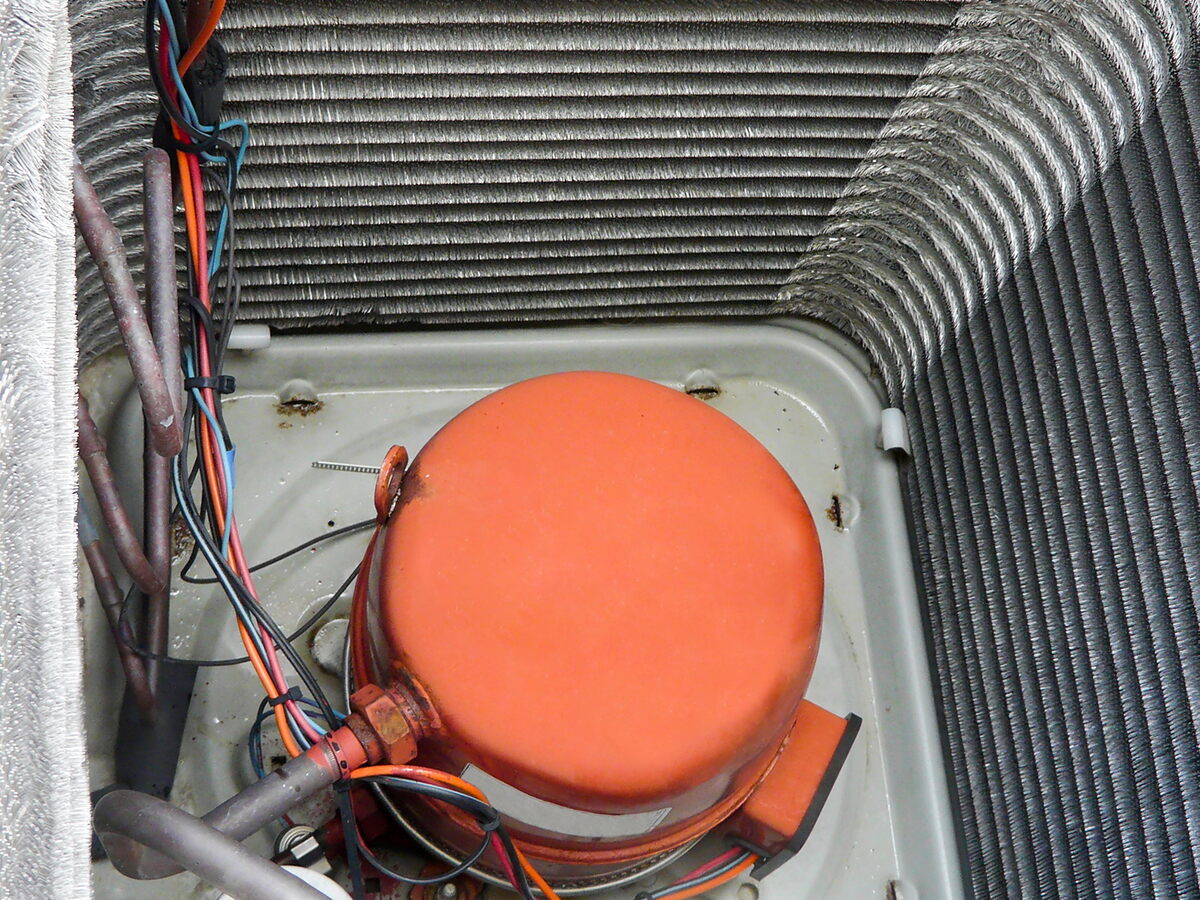




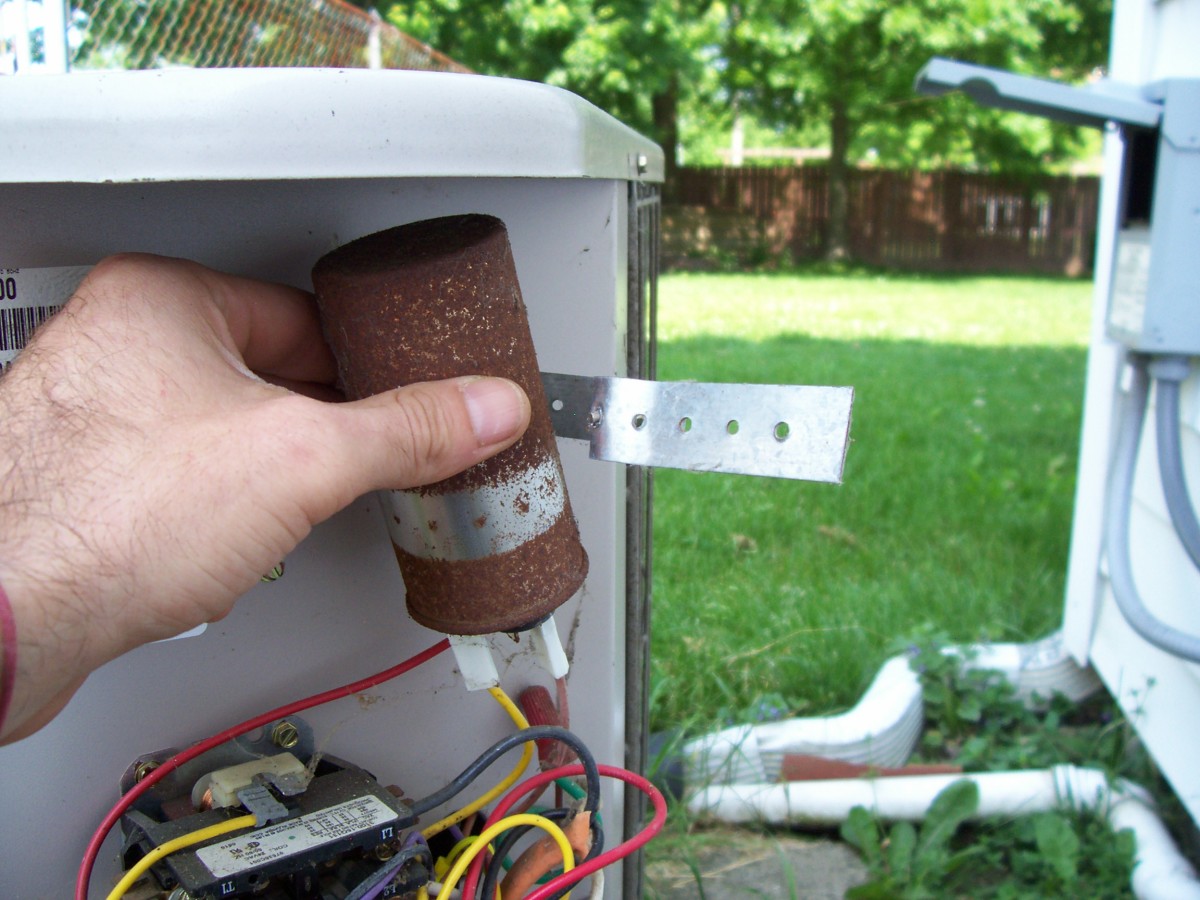



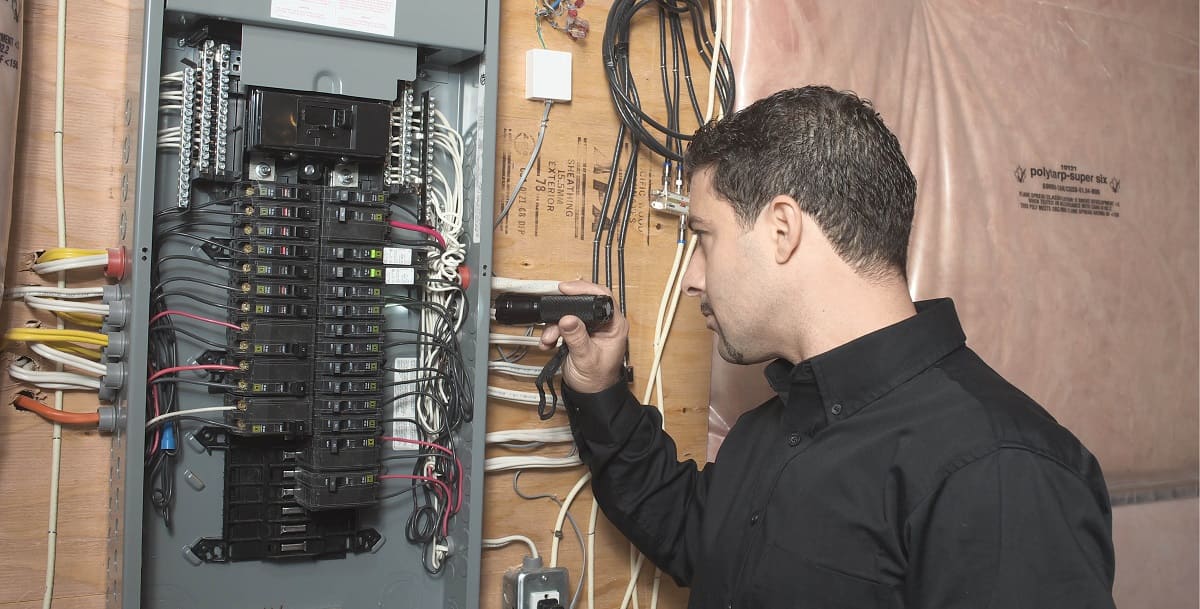

0 thoughts on “What Does A Realtor Do During A Home Inspection”